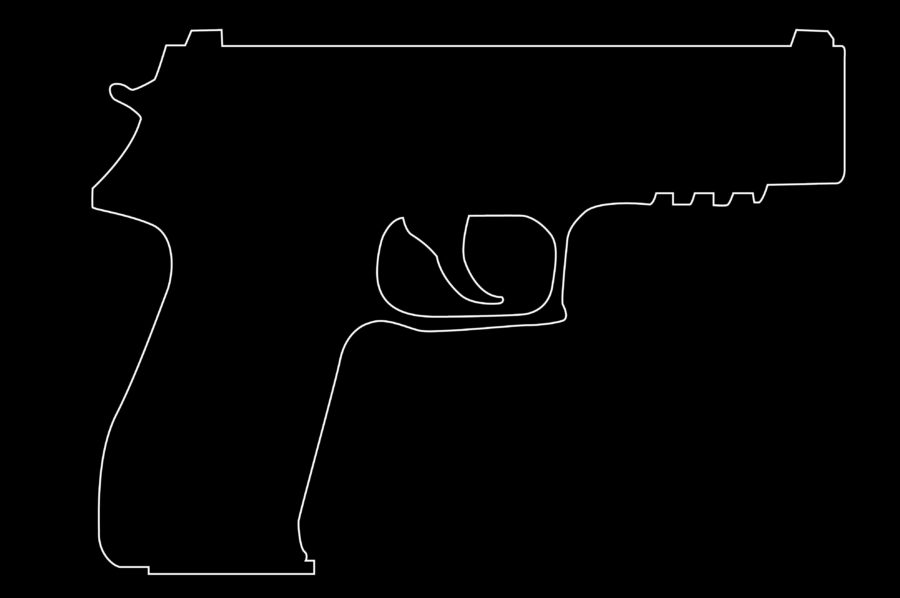Trigger Warnings
Sep 8, 2016
Political correctness is a contentious topic within the atmosphere of higher education. At the center of this debate are the common practices of trigger warnings and safe spaces on campuses.
According to Merriam-Webster, trigger warnings are defined as statements “cautioning that content (as in a text, video or class) may be disturbing or upsetting.”
The University of Chicago took a definitive stance on the issue recently when the college sent out a letter to all its incoming freshmen making clear that they do not condone the use of trigger warnings and safe spaces.
“Our commitment to academic freedom means that we do not support so-called trigger warnings,” states a letter from UChicago Dean of Students John Ellison. “We do not cancel invited speakers because their topics might prove controversial and we do not condone the creation of intellectual ‘safe spaces’ where individuals can retreat from ideas and perspectives at odds with their own.”
Leslie Williams, UNI dean of students, expressed some criticism at the UChicago’s decision.
“I think it might have been well intentioned but it came off harsh,” Williams said. “I think the goal was to tell students that they want them to be challenged and to grow while at their institution. I believe academic freedom and trigger warnings are not mutually exclusive, you can have both.”
Williams went on to explain that trigger warnings should only operate as a way to warn students to utilize self-care with a difficult issue; they should not be used to prevent a difficult dialogue or discussion of an issue on which people will disagree.
Michaela Oehler, senior digital media production major, said she has a “love-hate relationship” with trigger warnings.
“If it’s a serious issue – like you were raped – and that’s your trigger warning, then I understand that. And if you want to be [warned] so you can mentally prepare for what’s going to come then, then I am okay with that.”
Oehler went on to say that although trigger warnings can be good for people who have serious issues, they shouldn’t be used to shelter people from opinions they disagree with or things they don’t want to hear.
“I also don’t agree with trigger warnings on some serious topics,” Oehler said.“Like, ‘This is my trigger, and I do not want to talk about it at all. I can’t talk about it, you can’t talk about it and you can’t learn about it.’”
Chase Danielson, junior digital media production major, said he strongly supports the decision by the UChicago. Danielson said that he signed a thank-you letter from the Foundation for Individual Rights in Education to UChicago.
“I find that trigger warnings and safe spaces don’t help intellectual conversation,” Danielson said. “ I feel that it’s a way for people to be lazy or not expand themselves or to not grow intellectually.”
Danielson also expressed his concern that creating safe spaces for say, women only, would be a violation of Title IX.
Brenda Bass, UNI’s interim provost, said she has full faith in the faculty to handle their decisions on trigger warnings with academic integrity.
“Various faculty handle trigger warnings differently based on their expertise and experience in the context of their courses,” Bass said. “At UNI, we have faculty who thoughtfully have studied the various sides of the issues and are engaged in the debates.”
Bass also noted that the complexity of the subject of trigger warnings and safe spaces has divided the academic community across the nation. Bass said that while she recognizes that part of the university experience is being challenged with opposing views to your own, UNI also has a commitment to create what she refers to as a “caring community for our students.”
UChicago has since defended its statement by saying that it is not the role of the university to shield or protect students from views that oppose their own. However, UNI’s position as a public university does create a different problem than that of UChicago, which is a private university.
Williams said she doesn’t think it is even legally possible to condemn trigger warnings or safe spaces at UNI.
“I don’t think that safe spaces or trigger warnings impact the difficult dialogue or free speech on a campus,” Williams said. “I do think these two concepts can coexist.”









